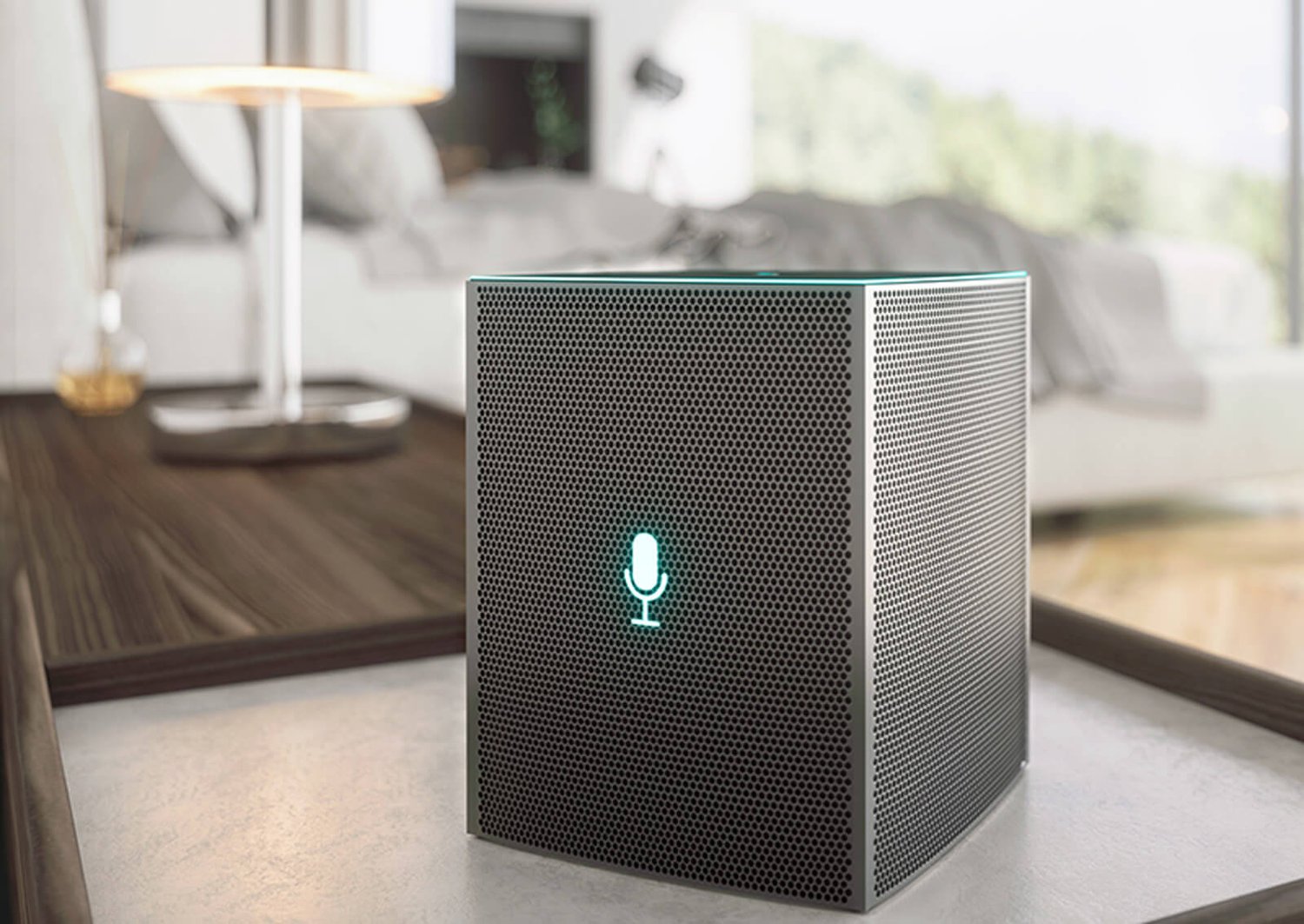What does your smart technology know?
The short answer? A lot.
Smart home technology can collect data on your every move, from your bedtime habits to your media preferences to your diet. The exact data points, how they are collected and how they are shared, are not disclosed by most smart home tech manufacturers. However, we do know the data is most likely used to improve products, better target you with ads, and create new revenue streams for manufacturers.
Read on to learn more about smart home devices or scroll down to the infographic to find out what your smart home knows about you.



